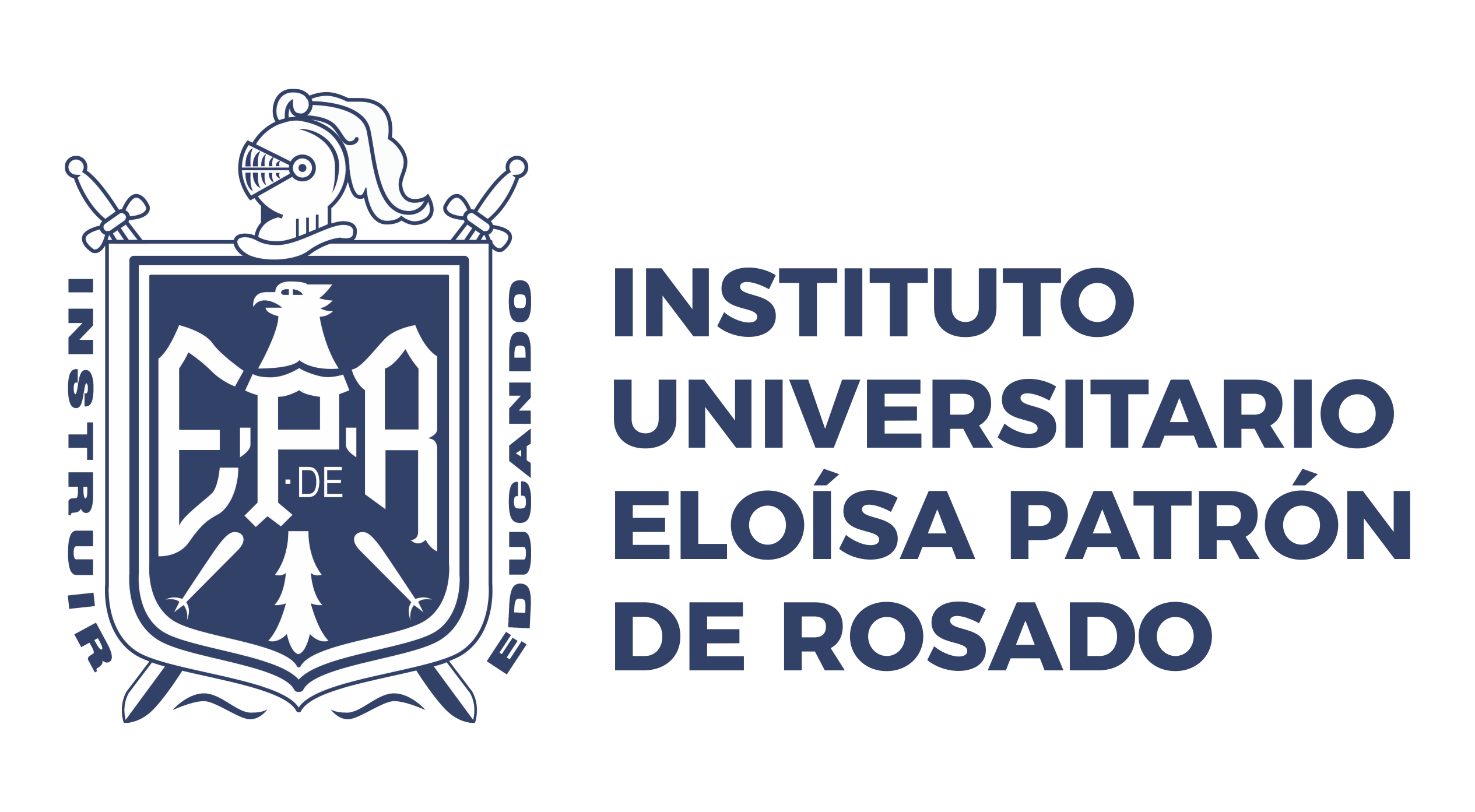id=»article-body» class=»row» section=»article-body»>
Even if you aren’t sick, you should still be wearing a face mask.
Sarah Tew/CNET
For the most up-to-date news and information about the coronavirus pandemic, visit the WHO website.
In many states across the country, wearing a face mask is mandated in places where social distancing isn’t possible, like retail stores, hair salons, schools and gas stations. This is to help prevent the spread of coronavirus, per guidelines from the Centers for Disease Control and Prevention.
Though we still have much to learn about the coronavirus, misinformation about face coverings is circulating. For example, some people who are opposed to mask-wearing are donning mesh masks that «cover» their nose and mouth but still allow the kinds of droplets known to transmit the virus to pass through. And others believe they don’t need to wear a mask if they’re not experiencing symptoms — that’s a myth that isn’t supported by leading health experts, doctors, scientists or national and international recommendations.
Here are seven myths about wearing face masks during the pandemic. This story updates frequently with new information and draws recommendations from the CDC, the World Health Organization and other health care institutions. It’s intended for informational purposes and isn’t medical advice. If you think you might have the coronavirus, follow these steps.
Read more: Where to buy a face mask online now
When you have any concerns with regards to in which and how you can utilize resin trap filter, you possibly can email us at our web page.

Comentarios recientes